


Groundwater levels in the Densu River Basin are declining, according to a study by the Water Research Institute of the Council for Scientific and Industrial Research (CSIR-WRI).
The study, conducted from 2020 to 2023, revealed increasing groundwater abstractions, placing stress on the resource.
“Scenario analysis reveals abstractions at the current rate over 20 years without changes to recharge rate, pose risks to stream flows and ecosystems, especially under drier climate conditions,” cautioned Mr. Bismark Awinbire Akurugu, a research scientist with CSIR-WRI’s Groundwater and Geoscience Division.
He presented the findings at a science engagement workshop in Accra, themed “Assessing the Potential Impacts of Abstractions and Recharge Using Numerical Groundwater Flow Modelling for the Densu River Basin, Ghana.”
The Densu River, which originates from the Atewa Range, supplies a significant portion of Accra’s drinking water and spans the Greater Accra, Central and Eastern Regions.
The workshop introduced the Danish-funded project “Building Climate-Resilience into Basin Water Management – CREAM” to newly appointed heads and technical leads of stakeholder institutions.
It showcased tools and data developed under the project, shared key results, and encouraged dialogue for inclusive, data-driven water governance.
Led by CSIR-WRI and implemented in the Pra and Densu River Basins, the CREAM project integrates climate change scenarios, land use changes, and socio-economic pathways into water management practices.
Since its inception in 2019, the project has collaborated with stakeholders in water, environment, and agriculture sectors to co-develop data, tools, and methodologies.
Mr. Akurugu demonstrated that groundwater significantly contributes to streamflow but remains vulnerable to abstraction and climate variability.
He warned that unregulated borehole drilling is exacerbating stress on the Basin and called for stronger enforcement of groundwater abstraction laws through collaboration between the Water Resources Commission and local assemblies.
Mr. Akurugu recommended improved documentation and monitoring of abstraction rates and limiting annual abstraction to below 24.5 million m³ to protect recharge and streamflow.
“When properly constructed, calibrated, and validated, numerical models can serve as powerful decision-support tools for effective water resource management,” he advised.
The Groundwater and Geoscience Division also advocates for the protection of recharge zones and exploration of managed aquifer recharge options.
Ing Dr Emmanuel Obuobie, Principal Investigator of the CREAM Project, said the initiative includes media engagement, outreach to secondary schools, and project reporting.
He noted that 200 students and 50 teachers from five secondary schools in the Pra and Densu Basins had been educated in climate monitoring, adaptation, and water management.
Additionally, 60 new stakeholders have been introduced to the project and trained in the use of its data and tools.
Papers presented at the workshop included “Water-Related Ecosystem Services Dynamics in the Densu River Basin,” “Economic Valuation and Risk Perceptions of Water-Related Ecosystem Services in Pra and Densu River Basins,” “Introducing the Water Resource Dashboard for Multi-Sectoral Decisions,” and “Modelling the Influence of Climate and Land Use Changes on the Hydrology of the Pra River Basin Using the SWAT Model.”
Source: GNA
The post Groundwater abstractions endanger Densu River Basin – CSIR-WRI warns appeared first on Ghana Business News.
Read Full Story
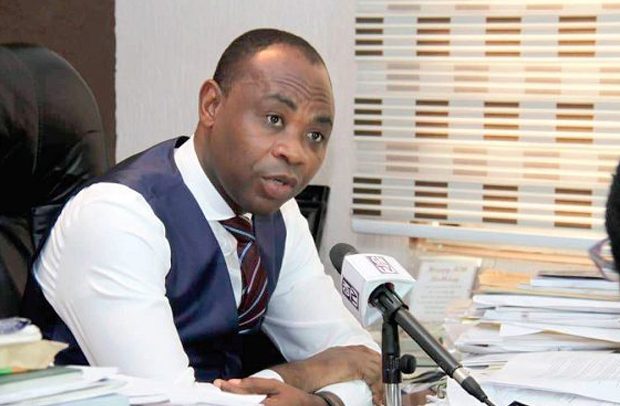

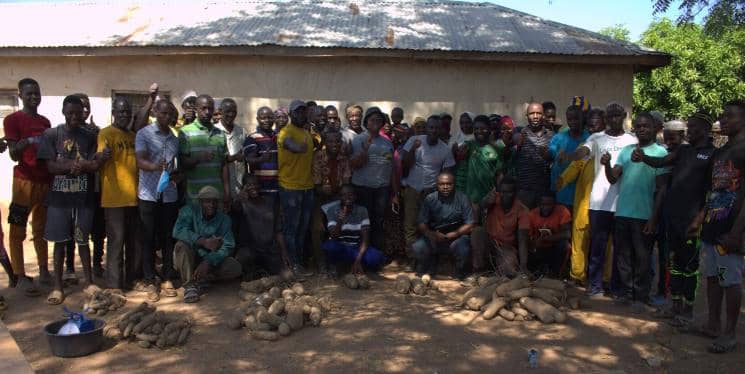

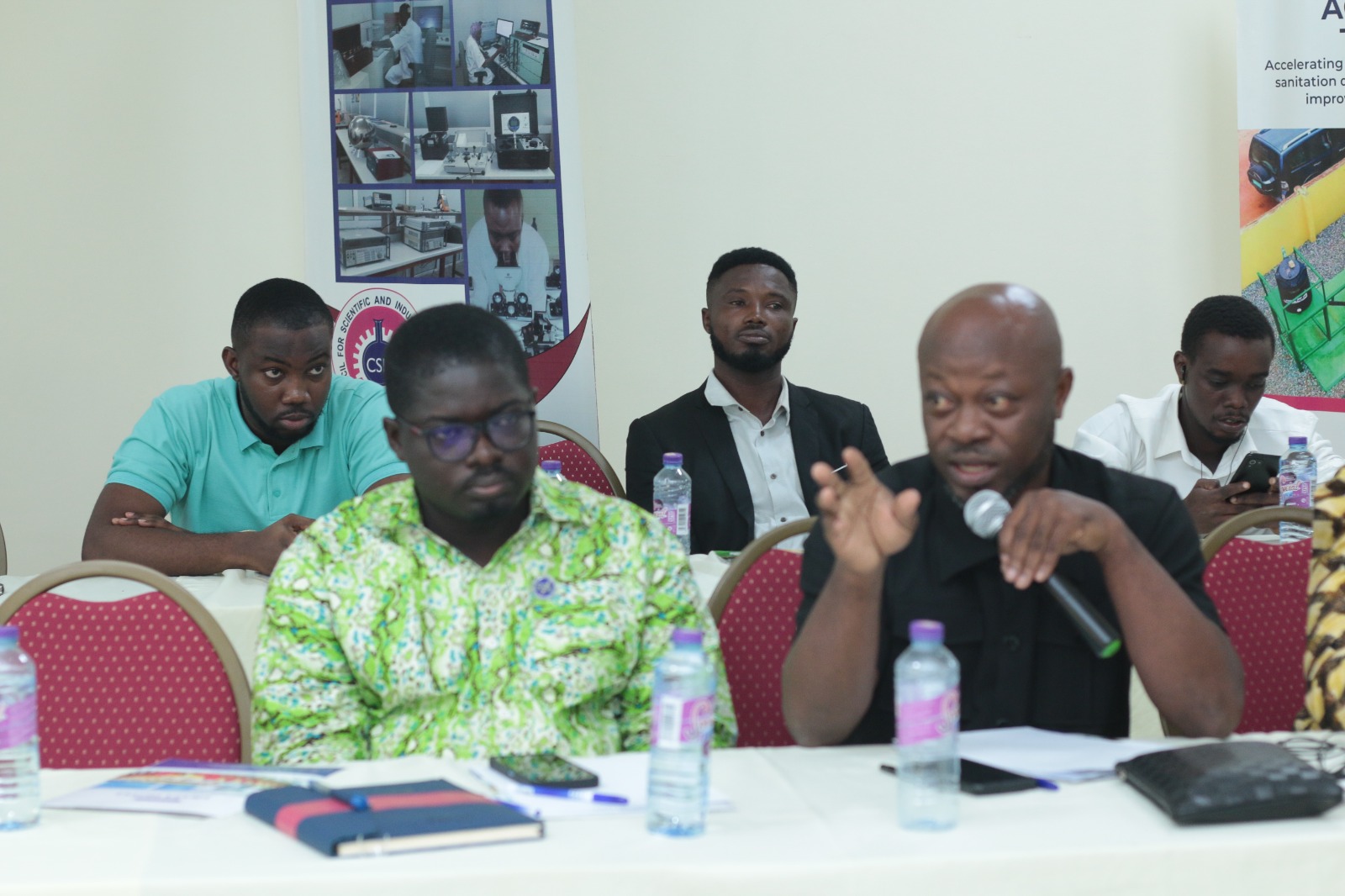





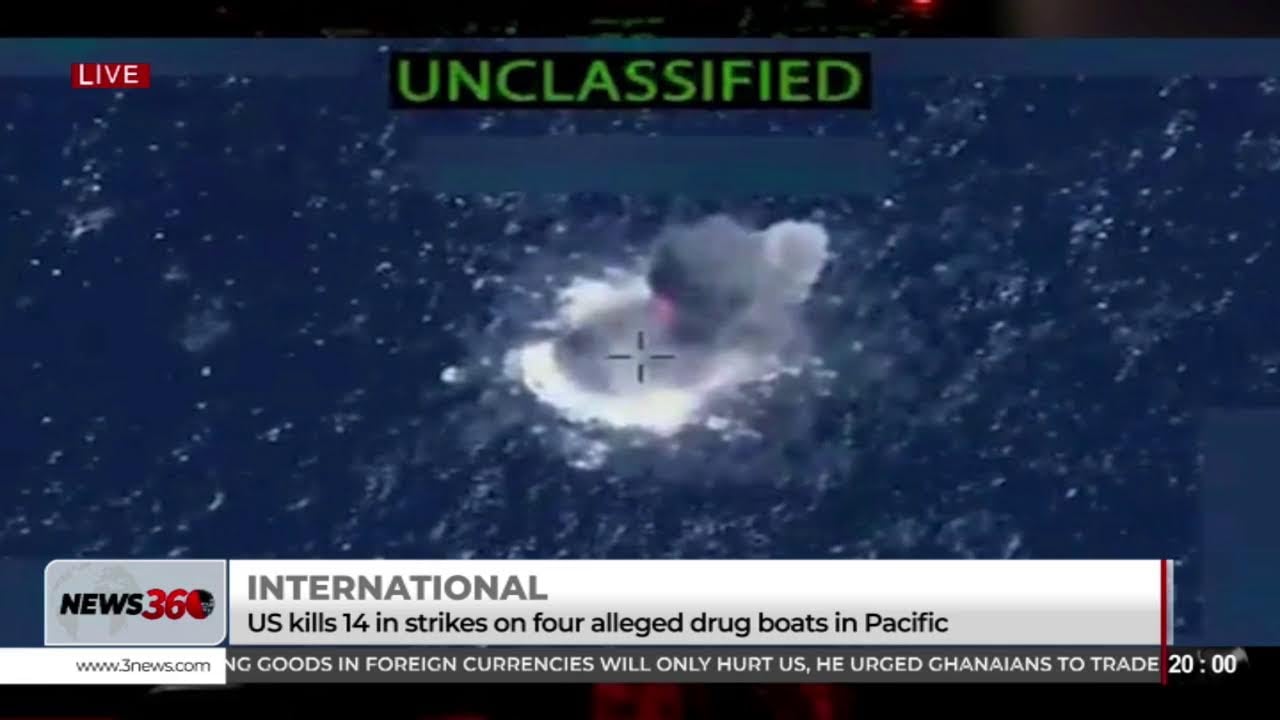



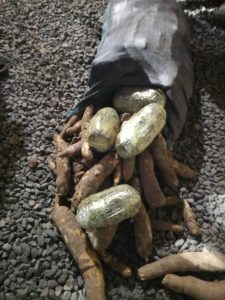

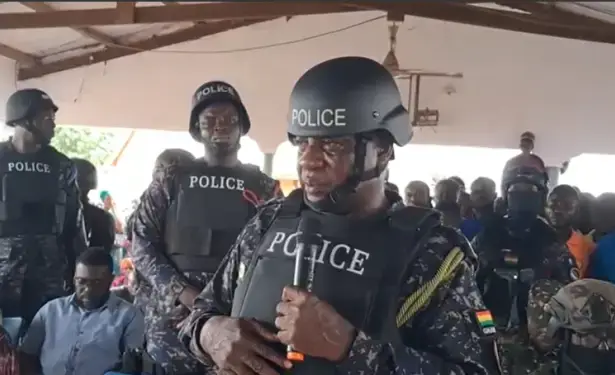



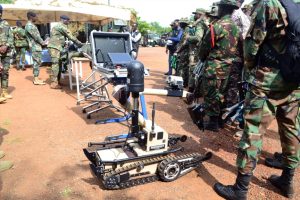

Facebook
Twitter
Pinterest
Instagram
Google+
YouTube
LinkedIn
RSS